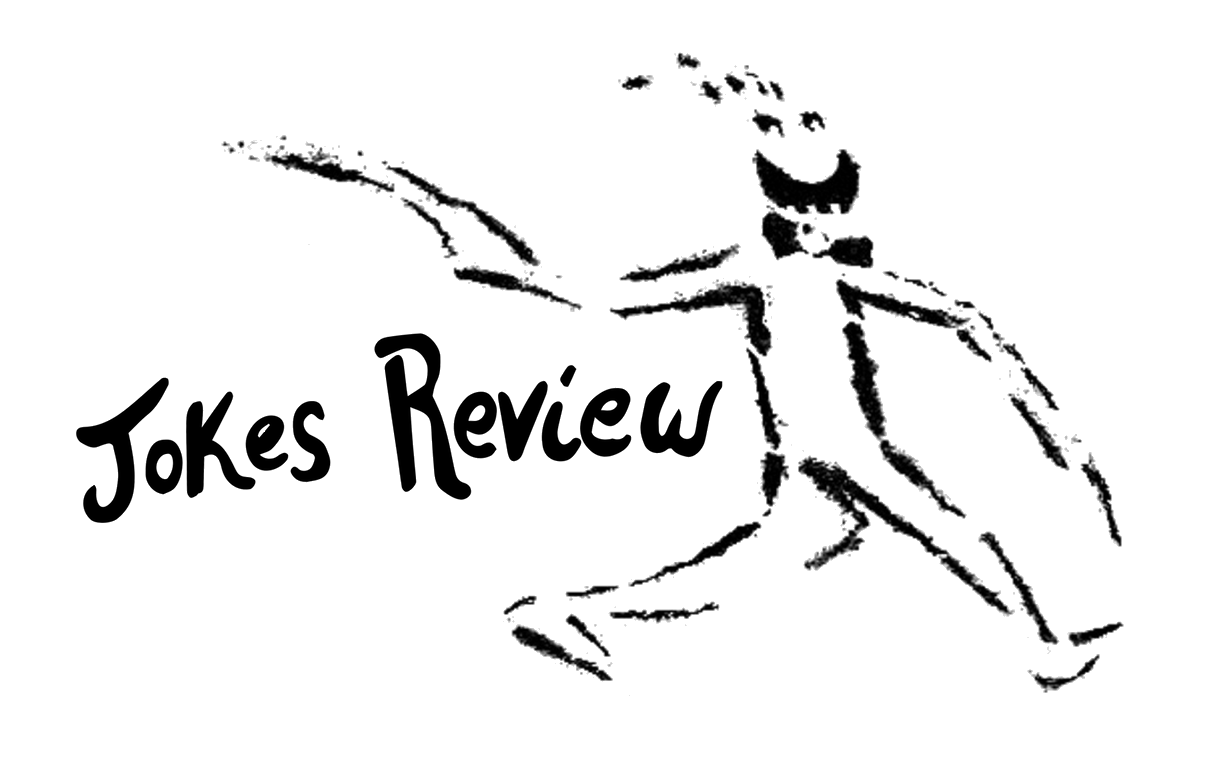by Lane Chasek
In our latest issue of Jokes Review we published “A Howl” by CarloMarxBot. This tour de Twitter is a brilliant pastiche of Ginsberg and, unlike most poems, was written by an AI.
Though CarloMarxBot is the first AI to be published in Jokes (at least that we know of), AI-generated poetry is far from rare in the futuristic age of 2021. Today there exist dozens of online text generators and algorithms which can create poems. Below are just a few of them and the work they’ve produced.
This poetry generator developed by artist/scientist/software designer Zack Scholl created a poem that got published in the literary journal The Archive at Duke University. Scholl submitted his AI poetry to The Archive without telling the editors they were AI-generated, a kind of poetic Turing Test. (He goes into more detail about designing and testing his generator.)
Here’s the first poem Scholl’s program generated for me:
From What are Veins Galloped
A mechanical projection pities
even the vertical
grammatic land in language
to which the metaphor
will not be dedicated. The indespensable dignity of the shoreline!
And you stole in the animosity and flew a shattering imbroglio.
I am cracked by flint and bloodied steel, by clandenstine and rain.
An aquatic wind of phemonanas.
And the kiss to its foliage
and among the silvery lakes the slender one
the lady covered with free time.
Realized esoteric fragrance of strawberry the reasons for my respect
are set in my nose of cork.
Pacifying from smothered wooden.
Only promise, just the
phemonana, nothing but
it.
Candle.
With its clenched expand there are no utensils but rambunctious cycles of momentum and burnt umber
sea water of rosy lonely ash.
I’m sure this is trying to say something. I’m just not sure what.
If you switch the generator to “mushy poem” mode, you’ll get poems which are much shorter and less likely to contain strings of nonsense. The first poem I got using “mushy” mode was surprisingly good:
Time With The Film
Our new alcove, our angellic affection tetrahedrons.
As if to wake or enrich or chirp.
I could see this in a lit mag, cooked up by an actual human brain. The word choice is just as eccentric as in the previous one, but it doesn’t overstay its welcome.
The Bored Humans poetry generator has a much different style. Here’s one example:
Baby, Baby, Baby, Baby
My mother said to me,
“Baby, baby, baby, baby
Baby, baby, baby, baby
Baby, baby, baby, baby
Baby, baby, baby, baby
Baby, baby, baby, baby
(I'm Miss American Dream after all)
I just envy you baby
You've got so much to do
(I'm Miss bad media karma)
Even though I'm telling you the truth
You said it out loud
(I'm bad mouth and all that?)
I've had a lot in my mouth
You better keep it close to the top
Don't know which movie you're into
Lose your secrets
Gotta be real with you
You gotta be real with me
Yeah, when I'm with you”
This one seems blues-inspired, maybe with a touch of 80s-era dad rock. This isn’t coincidental. Eric Borgos, the algorithm’s creator, trained it using song lyrics from artists such as Bruce Springsteen. Could it pass the Turing Test? It’s hard to say. You’d either have to be an AI or else a human with a lot of chutzpah to repeat “baby” twenty times in a single poem.
This last one required a bit of Internet archaeology to unearth. Charles O. Hartman wrote his prose poem “Seventy-Six Assertions and Sixty-Three Questions” way back in 1994 and published it on The Grist Online in 1995. Hartman describes it as a “computer-assisted poem.” He goes on to describe the process behind its creation:
The rough draft of this poem, approximately ten times the final size of the text, was produced by my program PROSE (written in Borland C), which is essentially a finite-state automaton or context-free grammar language generator…All further editing was done by hand, with the strict rule that I could only delete (sentences, clauses, phrases, words), not add.
It’s a longer read, but I recommend checking it out. Hartman’s work is interesting because it shows how AI-generated poetry isn’t a recent trend. People have been using algorithms to create literature for more than twenty years, and the fact that a poem like this was created almost 30 years ago feels like discovering an Xbox controller beneath the ashes of Pompeii.
Can AI-generated poetry be awkward at times? Of course, but you could say the same about human-generated poetry, too. Whether or not AI poetry can pass a Turing Test is pointless, since most readers (unless they’re very anti-technology) won’t care if a poem they enjoy was written by a human, an AI, or a human and AI working in tandem. We’re far from “AI T.S. Eliot enslaves editorial staff at Paris Review” levels of technological development, but in its current state, AI technology functions well as a toy/tool for curious writers.
Lane Chasek (@LChasek) is the author of the nonfiction book Hugo Ball and the Fate of the Universe, the poetry/prose collection A Cat is not a Dog, and two forthcoming chapbooks, Dad During Deer Season and this is why I can't have nice things. Lane's current pride and joy is an essay he published in Hobart about Lola Bunny and the latest Space Jam movie.




































